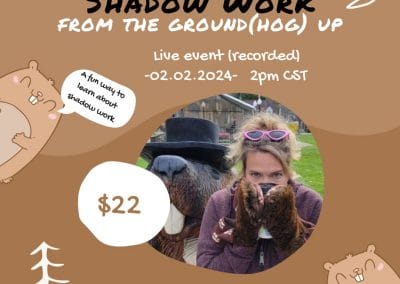What do you need to hear?
All human beings have needs. Abraham Maslow described these needs in a hierarchy from basic needs (i.e., physiological needs like air and water and the need to feel safe) to the highest level of self-actualization (i.e., self-fulfillment). In the middle of his hierarchy, he describes psychological needs–a feeling of connectedness, friendship, and belonging, self-esteem, and self-respect. The basic and psychological needs in his model make up what Maslow calls “deficiency needs,” which simply means that if these needs are not met, a person is left feeling anxious and out of sorts.
This need for connectedness and belonging can often impact our self-esteem. Often, we crave kind words from friends and family–even from our earliest memories. Think back to what words you needed to hear as a child. Perhaps they were something like these: You are loved. You matter. You belong. I’m proud of who you are. Often if we reflect on the words we most wish we could hear in our teen or adult lives, we find words that we wanted so desperately to hear in childhood. Or maybe we heard these words in childhood but we have lost them somewhere along the way.
Think of the kind, affirming words you crave to hear, and say them to yourself.
An important part of self-care is learning to be kind and loving toward yourself. We often catch ourselves in moments of self-criticism, saying things that we would (hopefully) NEVER say to anyone else because it would be entirely too cruel. Yet we have no problem inflicting those words upon our own hearts. Or maybe we just don’t say anything to ourselves at all–too busy focusing on other people, on to do lists, on the stress of the day.
Loving-Kindness Meditation
Mindfulness experts practice a type of meditation that cultivates loving-kindness towards self and others. It’s the idea that all human beings need love and kindness, and that by practicing this type of meditation, we can wish them happiness. In this type of mindfulness exercise, people repeat a series of phrases over and over as they think of someone they love (e.g., “May she be happy. May she be filled with peace”). And they also say the phrases towards themselves again and again (e.g., “May I be healthy and safe”). These are different than positive affirmations. You aren’t trying to create something that isn’t there. You are simply wishing love and kindness on yourself and others. It is an act of goodwill.
Personalize the messages of love and kindness.
Saying these rote messages over and over again can often feel clumsy and inauthentic. I know that when I started doing loving-kindness meditation, I had difficulty connecting with the phrases. I felt like an automaton. But as I started researching more (because that’s what I’m trained to do!), I found the work of Dr. Kristen Neff from UT-Austin and Dr. Christopher Germer who has his own practice in Massachusetts and also teaches part-time at Harvard Medical School. They suggest personalizing the experience. Ask yourself the question above–what do I need to hear? What words do I need to hear someone say to me? And then repeat those phrases to yourself. For example, your need might be to hear that you have a place in this world, that you matter. Turn that into a phrase: “May I know that I matter and have a place in this world.” You don’t have to start with the phrase “May I,” but it might be easy to start with that until you gain more practice.
If it’s too hard to say these things to yourself, you can think of someone who makes you feel warm and fuzzy with love. It can even be a pet–often the most unconditional of lovers. Wish them these words, and think about how they would wish these same phrases upon you, until it becomes easy for you to say it back to yourself. You can do this in a formal meditation or simply throughout your day (e.g., on a walk, at a stoplight). The important thing is that you learn to be kind to yourself and put this into practice every day.
Not ready to dive in yet? No problem!
Subscribe to my newsletter to receive regular doses of inspiration. No spam, ever. Promise.








